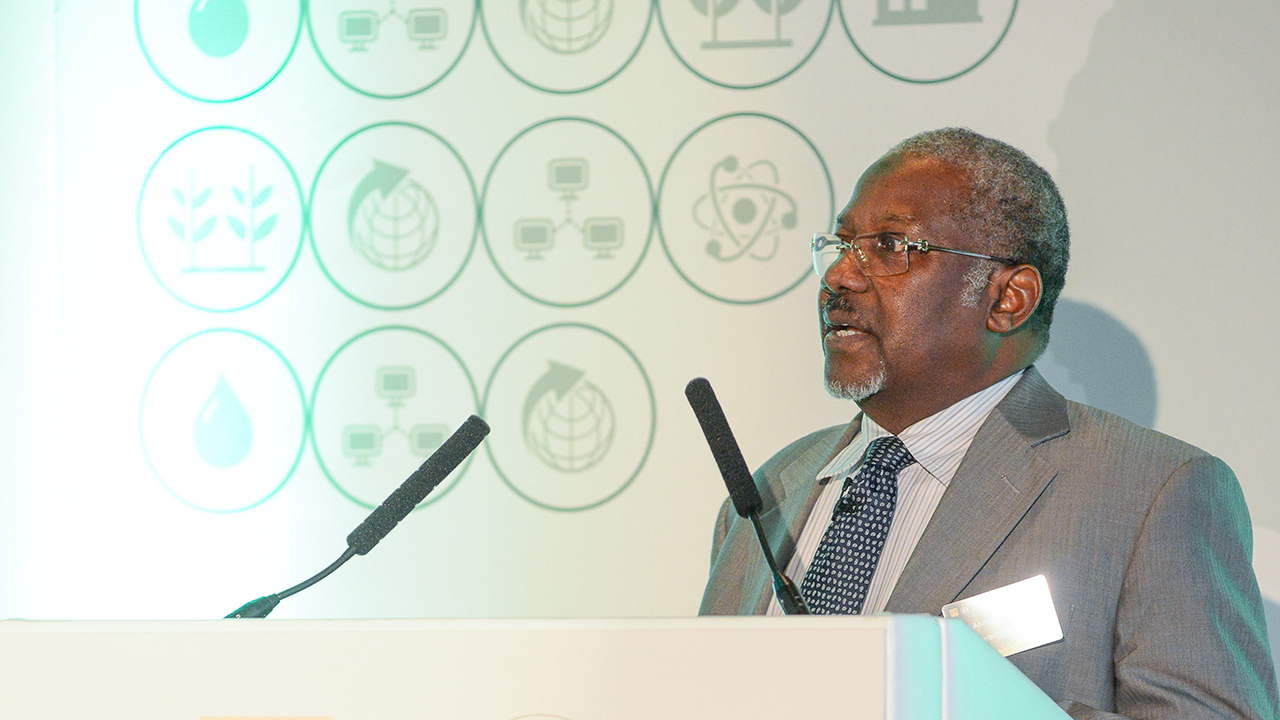
The disclaimer, ‘If your symptoms persist, you should seek the advice of your physician’, is always stated on many over-the-counter medication labels.
The truism is that solutions to perceived ailments may not cure the disease or provide lasting treatment to a health condition. This is because context, individual differences in terms of biological traits among other factors are considered by medical practitioners before recommending treatments.
In the context of policy frameworks, certain policies might have worked at some time, but different scenarios and changes in the economy require a review of extant policies that hitherto served the society.
For the real sector, the operating environment remains less desirable for profitable investment as recurring challenges continue to hinder optimum utilisation of the capacity of the manufacturing sector.
While segments of the manufacturing sector recorded substantial backward integration capabilities and had good leverage within the last four years, due to an economic recession that forced many operators to look inward for raw materials, other segments that lacked local alternatives continue to struggle for competitiveness.
Specifically, local manufacturers decried the poor electricity supply to industrial firms, over-regulation, multiple taxes and levies, poor accessibility to ports/high demurrage, poor economic infrastructure, and difficulty in sourcing foreign exchange, low patronage and counterfeiting /influx of substandard goods.
In its assessment, the Lagos Chamber of Commerce and Industry (LCCI), noted that the manufacturing sector experienced some major challenges during the past four years.
According to the LCCI, the factors were both external and domestic, adding that the main external factor was the collapse of oil price which affected forex availability and triggered sharp exchange rate depreciation in the first half of the administration.
“However, the policy component of the problem resulted largely from foreign exchange policy choices, which aggravated the problem of forex liquidity. The restriction of 41 items from access to the interbank forex market added to the plight of some manufacturing firms. The forex situation had since eased from the second half of the administration with remarkable improvement in forex liquidity in the economy and notable stability in the rates.
“The high deficit in infrastructure, the gridlock at the Lagos ports, high-interest rate and unfair competition from imported products were also factors that constrained the growth of the industrial sector during the review period.
“High energy cost continued to impede the competitiveness of the sector. The import dependent nature of the Nigerian manufacturing sector also posed considerable adjustment challenges for the sector over the past four years.
“However, segments of the manufacturing sector that had substantial backward integration capabilities had good leverage during the review period. These were firms that were able to sustain production and operations from substantial local inputs. Such firms became more competitive, more sustainable and profitable. They were largely in the food and beverage categories”, the Director-General of the LCCI, Muda Yusuf explained.
In its reaction to the manufacturing sector’s performance, the Manufacturers Association of Nigeria (MAN), explained that the result of the Composite Manufacturers’ CEO’s Confidence (MCCI) index that measures the confidence level of CEOs in the sector for the first quarter 2019, standing at 51.3 points, affirmed its position that the manufacturing sector is slightly above the minimum threshold.
According to MAN, the performance of the sector in the first quarter of 2019 was largely predicted by the Manufacturers CEOs Confidence Index (MCCI) report of the Association, which showed the picture of a sector with dwindling performance.
MAN added that aggregate or composite MCCI above 50 points signifies that the Manufacturing sector is still struggling as operators have a seemingly low confidence level but a high expectation that manufacturing performance will improve.
MCCI of 50 points shows that the sector is stagnant; below 50 points signifies that manufacturers are losing confidence in the economy and that the performance of sub-sectoral groups is retracting.
Data from the latest report of NBS showed that the performance of the manufacturing sector standing at 0.81% for Q1 2019 fell by 2.59 percentage point when compared with 3.4% of Q1 2018 and by 1.54 percentage points when compared with 2.35% of Q4 2018.
Similarly, the May 2019 Business Expectations Survey Report of the Central Bank of Nigeria (CBN), has identified insufficient power supply, high-interest rate, unfavourable economic climate, financial problems and unclear economic laws as major factors that constrained business activity the month.
MAN President, Ahmed Mansur, explained that the newly created MCCI report revealed that the manufacturing sector was struggling as operating conditions remained challenging.
Mansur, said the association would no doubt continue to promote a friendlier operating system for the manufacturing sector in Nigeria, to remain global and stay competitive.
According to him, the MCCI is an integral part of the four-year transformation roadmap of the association. This index is a strategic effort to proactively review the impact of government policies on the manufacturing sector, with a view to using the evidence-based feedback to advocate for a specific direction of government policy formulation and implementation, he added.
“To this end, MAN believes that in addition to current efforts Government should continue to improve on the power supply and the general upgrade of the nation’s infrastructure; resolve the gridlock around the Lagos Ports and repair and expand the road and expand the roads leading to Ports; pay particular attention to the development of railways around the national ports; and make other ports outside Lagos functional so as to address the gridlock challenges and the associated cost.
“Furthermore, the government should make foreign exchange more available for purchase of manufacturing inputs that are not locally available/ convergence of the existing FOREX windows; ensure compliance of the tiers of Government to the regulation on Harmonised taxes so that only the approved ones are implemented; entrench better monetary policy management to reduce the currently high inflation in the economy; and ensure conscientious implementation, monitoring and performance evaluation of Executive Orders 003 for improved patronage of locally produced goods by MDAs ”, MAN added.
[ad unit=2]



